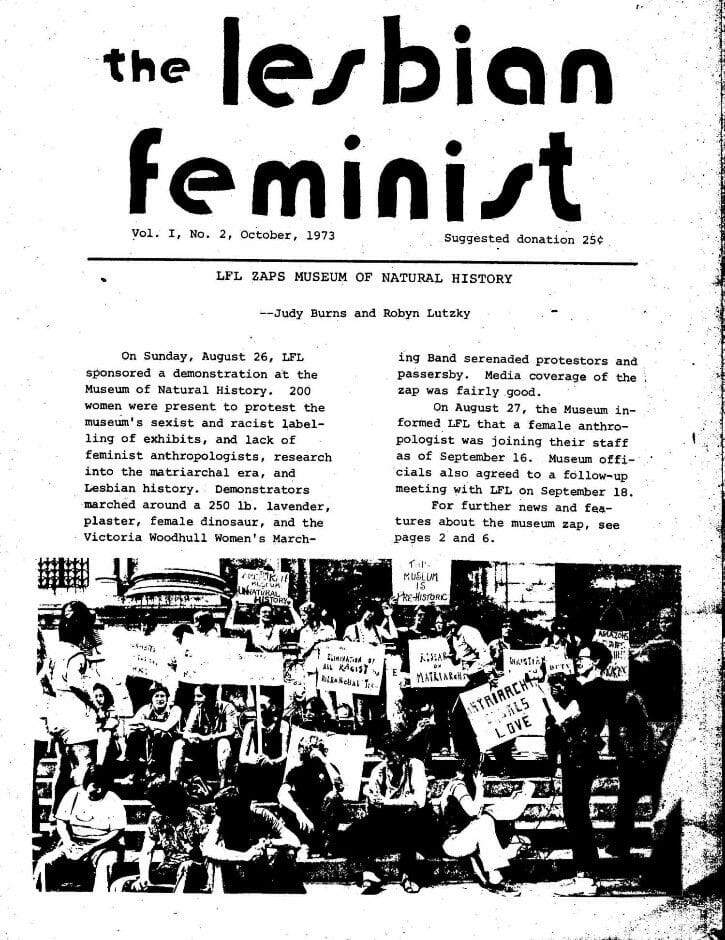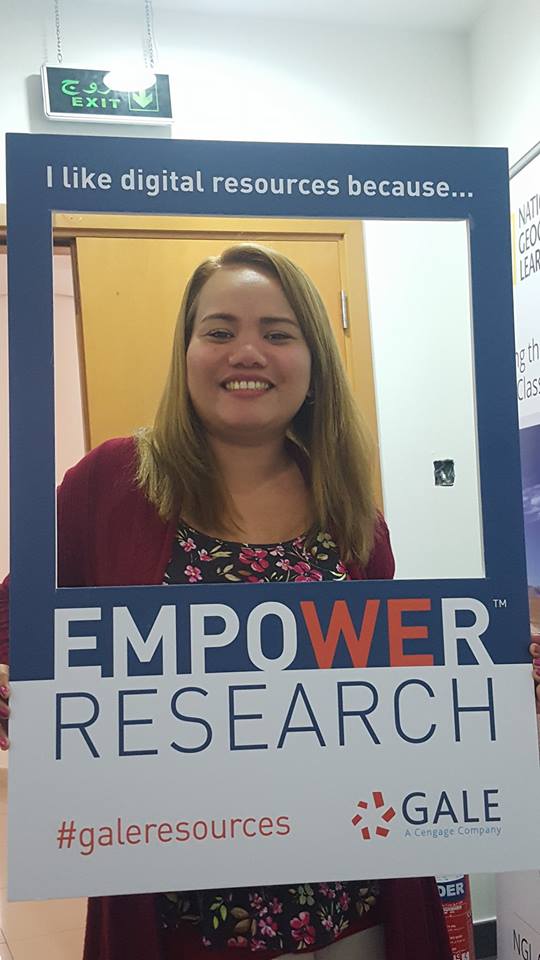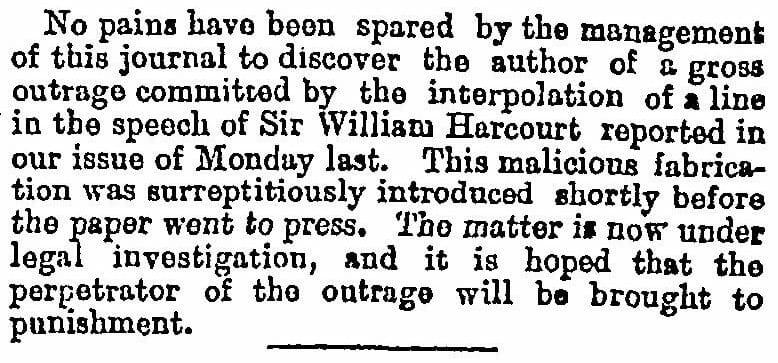By Anita Klich, Gale Ambassador at Portsmouth University, UK
Women have been fighting for equality for decades; in the 1980s and ‘90s, there were many protests addressing the issue of inequality in the workplace and society overall. The Gale resource Archives of Sexuality & Gender provides students and scholars with documents to examine and critically assess issues concerning LGBTQ history and culture as well as Feminist movements, thus allowing academics to compare and determine how the situation has – or has not – changed over the years.



